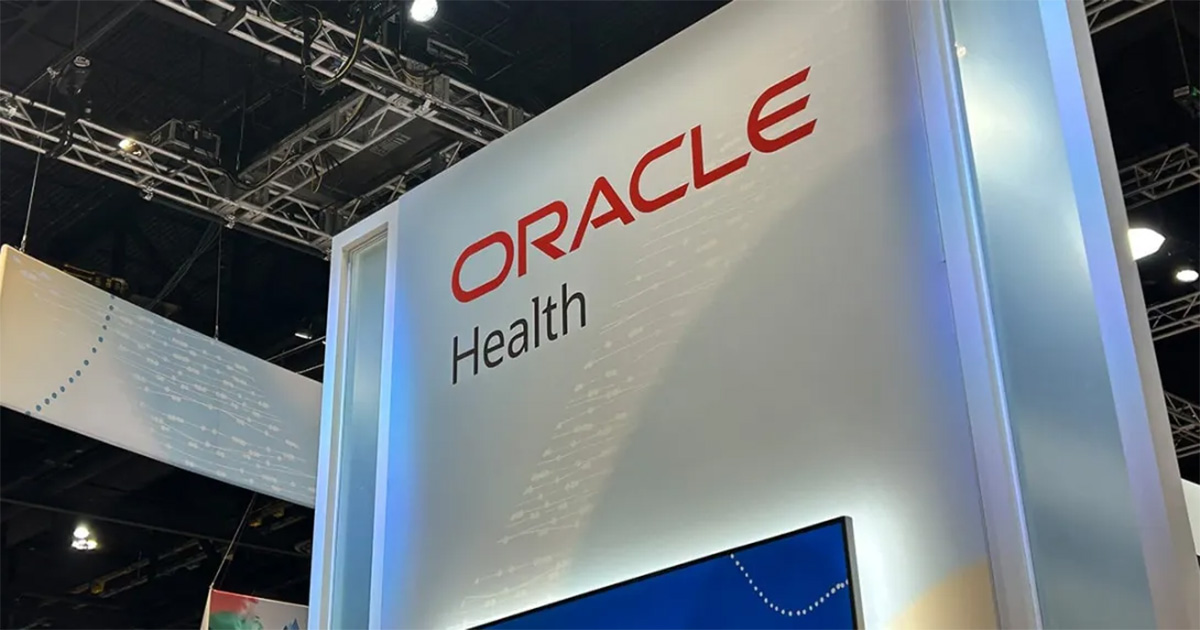A new bipartisan bill aims to ensure that multi-campus hospitals that employ and show meaningful use of health IT systems receive incentive payments that reflect the higher costs of implementation.
The meaningful use rule published July 13 provides only one payment for multi-campus hospitals, treating them as if they were only one hospital, a method that the American Hospital Association, Premier healthcare alliance – and others - have called unfair. Rep. Pete Stark, chairman of the Ways and Means Health Subcommittee, joined Rep. Zack Space (D-Ohio), along with Energy and Commerce Health Subcommittee chair Frank Pallone, Jr. (D-N.J.), and Rep. Michael Burgess (R-Texas) in introducing the Electronic Health Record Incentives for Multi-Campus Hospitals Act of 2010. Sen. Charles Schumer (D-N.Y.) introduced a matching Senate bill (S. 3708) on Aug. 5. Both bills have been referred to committees for consideration, but Capitol Hill insiders expected no action until Congress returned from recess on Sept. 13.
Meanwhile Premier healthcare alliance leaders said more than 50 member hospital systems representing more than 100 inpatient facilities are affected by what they call a "methodological error" in the meaningful use rule.
At Sharp HealthCare in San Diego, two of the health system’s four acute care hospitals operate under a single provider number, said CIO William Spooner. “So the potential incentive dollars for the two are constrained to the single $2 million base as well as the limit on total discharges,” he said. “While we hope for relief through the proposed legislation, we are proceeding with meaningful use preparations and expect to earn the maximum under the existing formula.”
Methodist Health System, headquartered in Dallas, operates acute care hospitals at five sites – each of them with separate provider numbers, said CIO Pamela McNutt.
“For many hospital systems this is not an issue as each hospital has it’s own unique CMS number,” McNutt said. “In our area I do not know of many that have the issue the bill was designed to fix outside of one in Fort Worth.”
“Many of us have acquired hospitals that were already freestanding, McNutt said, “so they had their own numbers anyway. All of Methodist facilities, even the new ones we have built recently, have their own number. We expect our fully owned hospitals to qualify and collect incentives for Stage 1 of meaningful use fully at each campus.
” Multi-campus hospital systems have incremental acquisition, training and implementation costs when adopting healthcare IT systems. The legislation clarifies that the health IT incentives in the American Recovery and Reinvestment Act should address these costs and offers choices for how the campuses receive the incentive payments, reflecting differences between large and small multi-campus hospital systems. The American Hospital Association supports the bill and said so in a letter to Space.
"We applaud today's action that would make clear the intent of the Health Information Technology for Economic and Clinical Health Act, passed as part of the American Recovery and Reinvestment Act of 2009, to provide payment incentives in an equitable way to individual hospitals that are part of multi-campus hospital systems," wrote AHA Executive Vice President Richard Pollack.
The legislation has bipartisan support from more than 30 members of the committees on Ways and Means and Energy and Commerce, including Ways and Means Committee Chairman Sander Levin (D-Mich.), Energy and Commerce Chairman Henry A. Waxman (D-Calif.), and Energy and Commerce Committee Chairman Emeritus John D. Dingell (D-Mich.).
"This legislation is important for hospitals in my district and across the state of Ohio, who haven't been getting their fair share of recovery dollars," said Space. "This bill will help our hospitals advance their technology, improve the quality of care, and better serve their patients."
"The health IT incentives in the Recovery Act will bring our healthcare system into the 21st century, saving money and saving lives," said Stark. "This legislation will ensure that the incentives better address the costs faced by multi-campus hospitals to promote adoption of health IT systems at these facilities."


